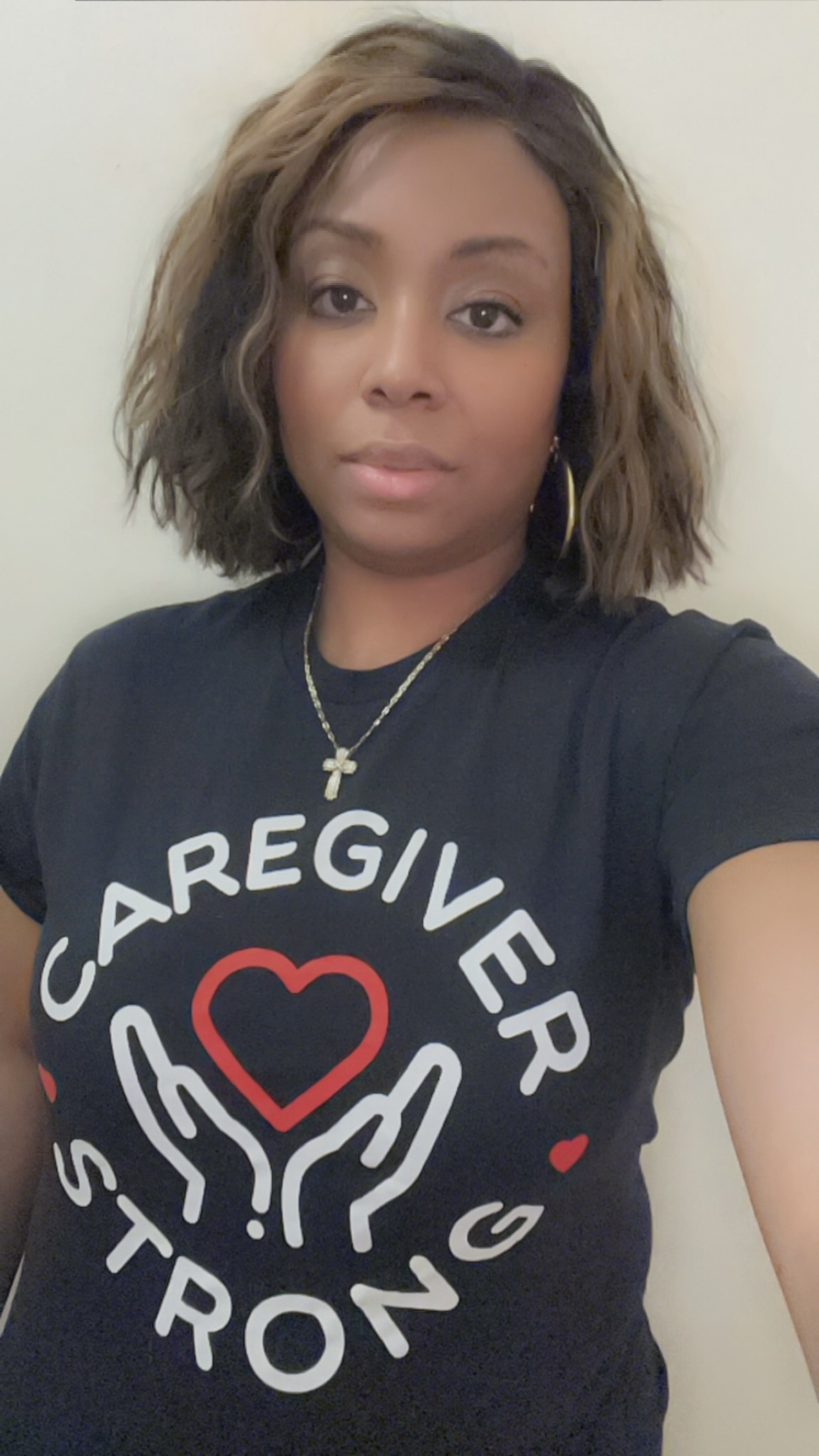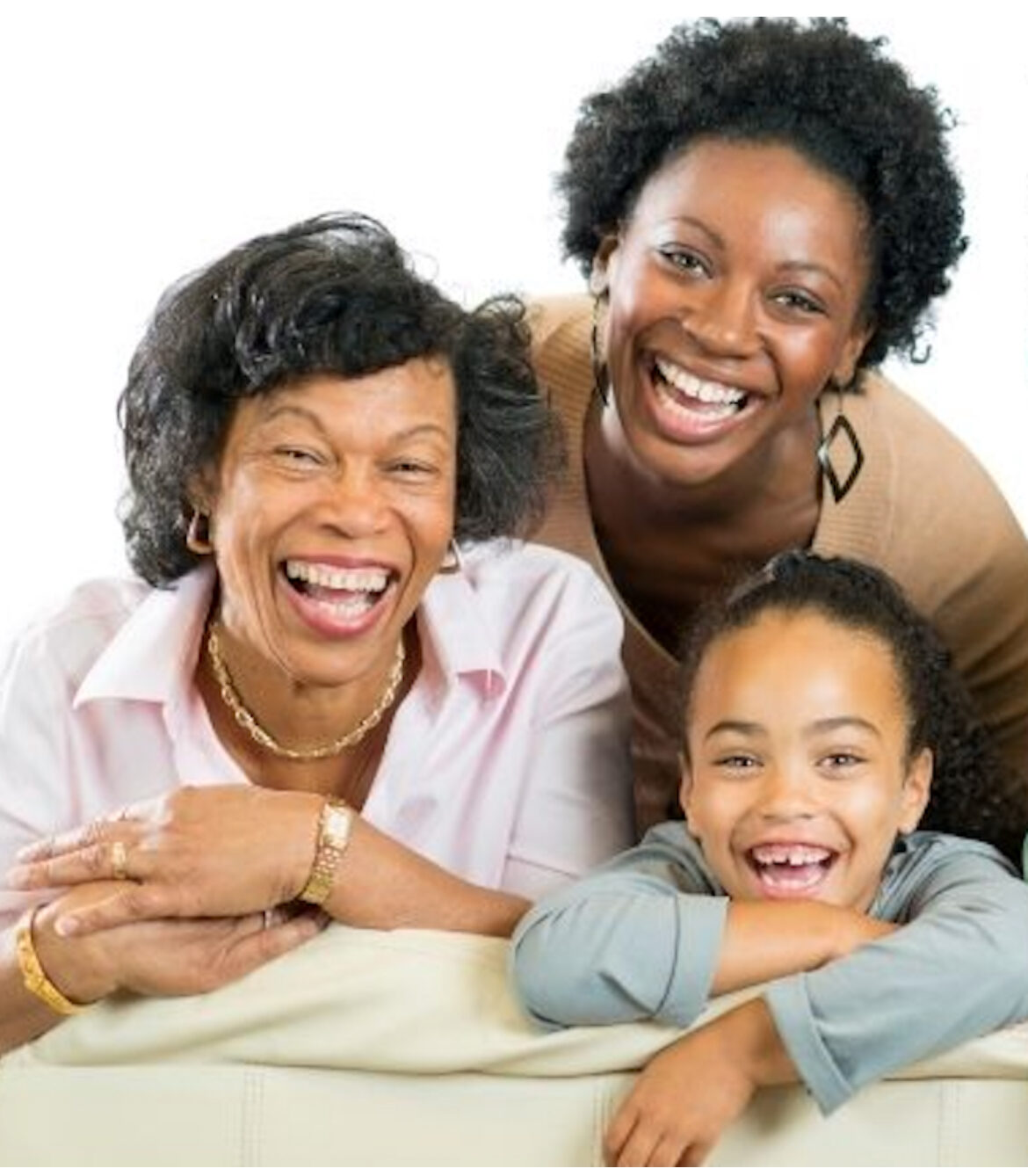In the whirlwind of generational responsibilities, societal expectations, and personal aspirations, navigating as a Black millennial sandwich caregiver often means finding oneself sandwiched between diverse roles and identities. It’s a journey marked by resilience, navigating through the intricacies of caregiving while balancing personal growth and societal challenges. As a member of this unique demographic, I’ve discovered a profound narrative that deserves to be shared.
Embracing the “Sandwich” Identity
The term “sandwich generation” typically refers to those simultaneously caring for both aging parents and young children. However, for many Black millennials, this concept extends beyond immediate family obligations. It encompasses the cultural and historical context that shapes our experiences.
As a Black millennial, I’m not only tasked with supporting elderly parents and nurturing children but also shouldering the weight of systemic inequities and racial disparities. This multifaceted identity forms the foundation of my caregiving journey, infusing it with a deep sense of purpose and responsibility.
Navigating Cultural Dynamics
Cultural nuances play a significant role in how Black millennials approach caregiving. Rooted in traditions of communal support and familial bonds, our caregiving responsibilities often extend beyond the nuclear family. We embrace an interconnectedness that fosters resilience and solidarity within our communities.
However, cultural expectations can also pose challenges, especially concerning mental health and self-care. In a society that often stigmatizes seeking help, balancing our own well-being with caregiving duties becomes a delicate dance. Yet, by prioritizing open conversations and destigmatizing mental health within our communities, we strive to break down barriers and foster healing.
Confronting Systemic Inequities
As Black millennials, we navigate caregiving within the broader context of systemic inequities. From disparities in healthcare access to economic challenges, our caregiving journey is intertwined with advocacy and activism. We confront institutional barriers, striving to create a more just and equitable society for future generations.
Moreover, our experiences as caregivers highlight the importance of intersectionality. We recognize that race, gender, socioeconomic status, and other identities intersect to shape our realities. By amplifying diverse voices and advocating for inclusive policies, we strive to create spaces where all caregivers are seen, heard, and supported.
Celebrating Resilience and Empowerment
Despite the complexities and challenges we face, being a Black millennial caregiver is also a journey of empowerment and resilience. We draw strength from our ancestors’ legacies, tapping into a rich heritage of resilience and resistance. Each day, we navigate uncharted territory with grace and determination. Guided by the belief that our actions today shape a brighter tomorrow.
Our stories deserve to be celebrated and shared, illuminating the diverse tapestry of caregiving experiences within the Black millennial community. Through solidarity and collective action, we forge pathways towards a more compassionate and inclusive future, where caregivers of all backgrounds are valued and supported.
Conclusion
Being a Black millennial sandwich caregiver is a dynamic and multifaceted journey, shaped by cultural dynamics, systemic inequities, and personal resilience. It’s a journey that embodies the spirit of community, resilience, and empowerment, paving the way for a more equitable and compassionate society. As we navigate the complexities of caregiving, let us continue to uplift each other, amplify diverse voices, and advocate for change. Our stories matter, and through our collective efforts, we can create a world where every caregiver feels seen, valued, and supported.
~Mommi LaShon~









Leave a Reply